The Justice Department released about 30,000 pages of new documents related to the disgraced financier and convicted sex offender Jeffrey Epstein. The U.S. Supreme Court has ruled against the Trump administration to block the deployment…
Category: 2. World
-

Statement by the European Commission on the U.S. decision to impose travel restrictions on certain EU individuals – European Commission
- Statement by the European Commission on the U.S. decision to impose travel restrictions on certain EU individuals European Commission
- UK social media campaigners among five denied US visas BBC
- European leaders condemn US visa bans as row over…
Continue Reading
-
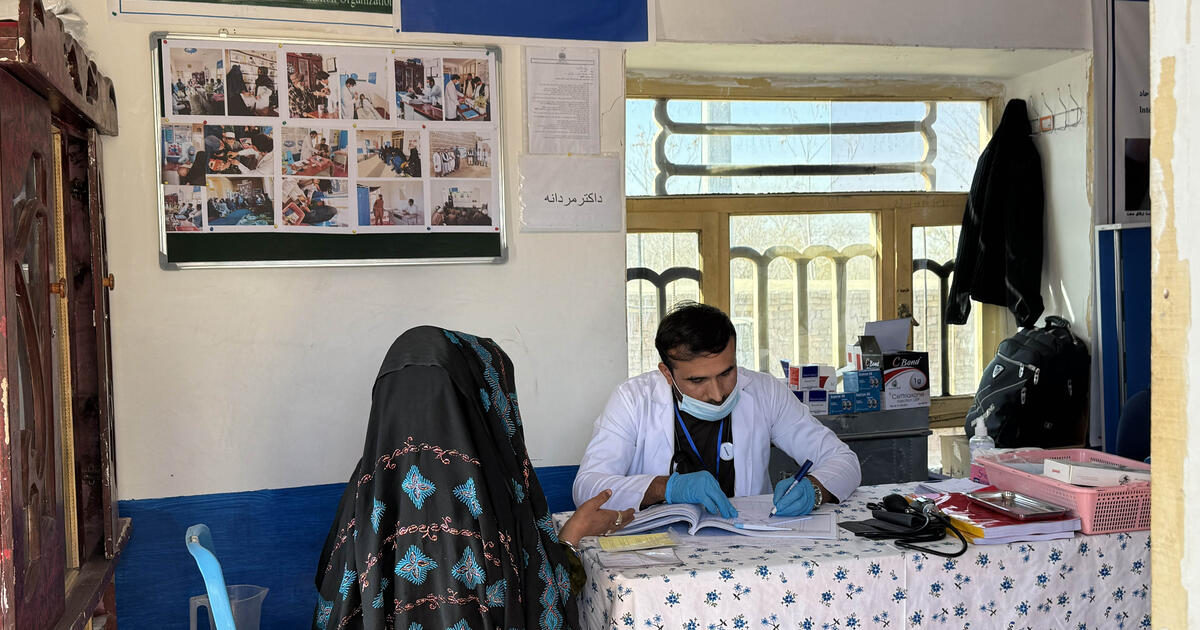
OCHA’s pooled funds help drought-stricken Afghans “believe in tomorrow” – OCHA
- OCHA’s pooled funds help drought-stricken Afghans “believe in tomorrow” OCHA
- IOM: We are using all means to reduce the effects of climate change in Afghanistan خبرگزاری صدای افغان(آوا)
- UNICEF Reports Over 2.6 Million…
Continue Reading
-
Foreign Ministry Spokesperson Lin Jian’s Regular Press Conference on December 24, 2025_Ministry of Foreign Affairs of the People’s Republic of China

CCTV: It’s reported that the remarks by a senior official from the Japanese Prime Minister’s Office that “Japan should have nuclear weapons” have shocked many in and outside Japan. That has been met with criticism from Japanese former…
Continue Reading
-
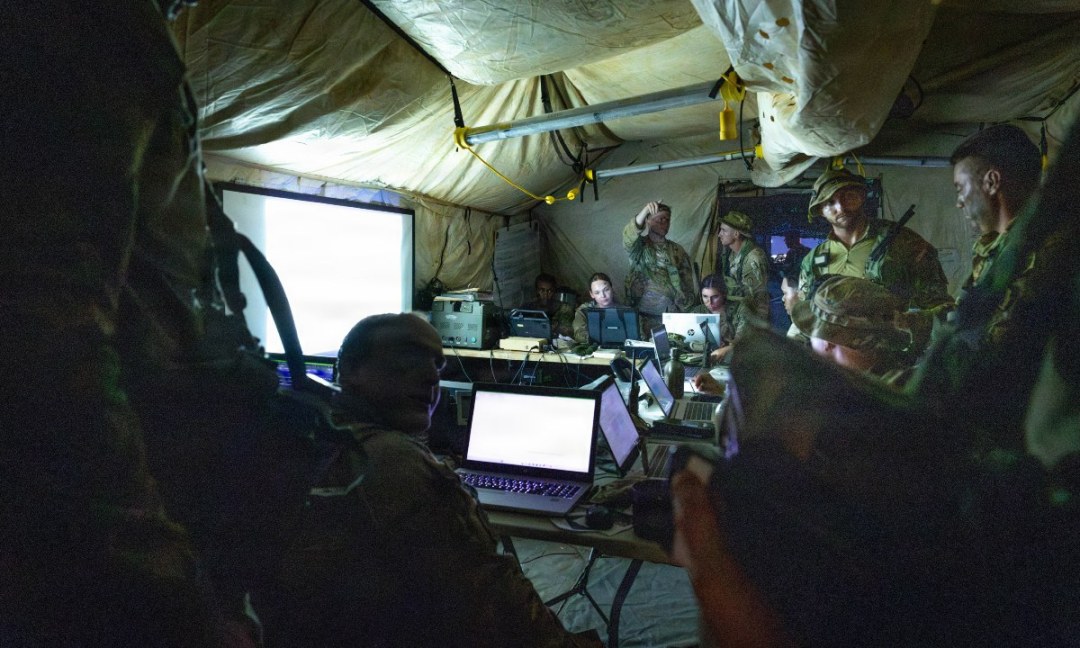
The End of Audacity? Artificial Intelligence and the Future of Command
Some of military history’s most decisive victories didn’t come from perfect planning but from bold risks whose chances of success were so slim that no modern algorithm would ever recommend them. Still, we remember commanders who…
Continue Reading
-
The Truce Is 2 Months Old. So Why Have Hundreds of Gazans Been Killed? – The New York Times
- The Truce Is 2 Months Old. So Why Have Hundreds of Gazans Been Killed? The New York Times
- Israeli forces kill, wound Palestinians as Netanyahu issues Hamas threat Al Jazeera
- Palestinians mourn six killed in Israeli shelling Dawn
- One killed,12…
Continue Reading
-

Trump administration wants to set quota for denaturalizing American citizens – NPR
- Trump administration wants to set quota for denaturalizing American citizens NPR
- Trump Administration Aims to Strip More Foreign-Born Americans of Citizenship The New York Times
- Immigration attorney talks about Trump’s denaturalization efforts
Continue Reading
-
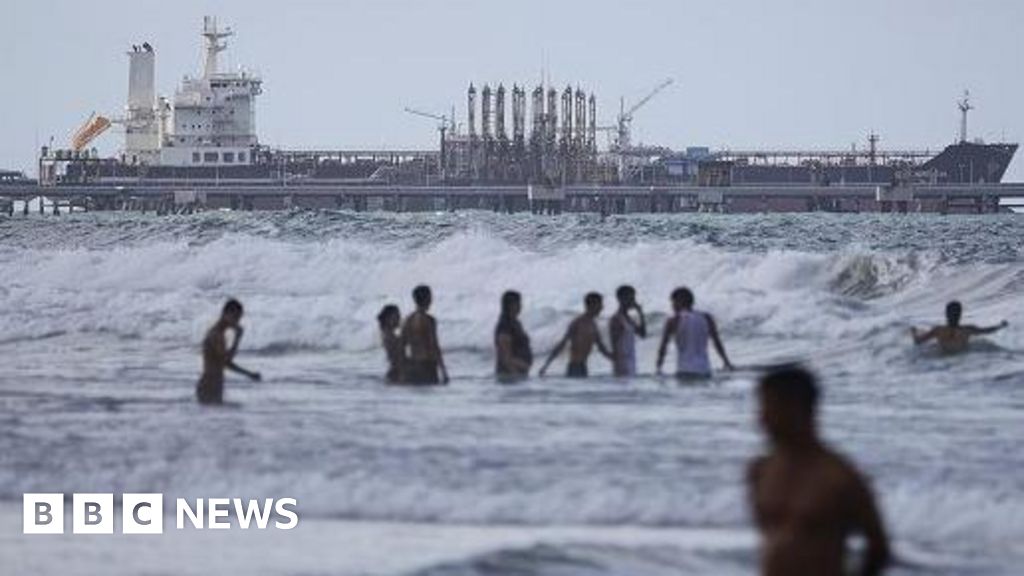
Venezuela accuses US of ‘extortion’ over seizure of oil tankers
Venezuela has accused the United States of the “greatest extortion” at an emergency session of the UN Security Council in New York.
Washington’s seizure of two Venezuelan oil tankers was “worse than piracy,” the Venezuelan ambassador to the UN…
Continue Reading
-
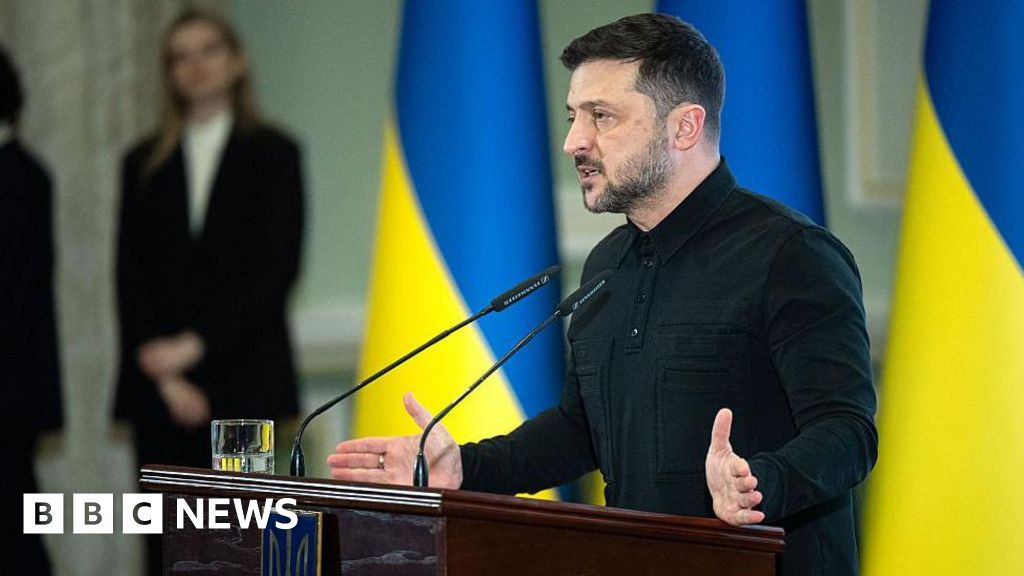
Zelensky moves towards demilitarised zones in latest peace plan for Ukraine
Ukraine’s President Volodymyr Zelensky has given details of an updated peace plan that offers Russia the potential withdrawal of Ukrainian troops from the east that Moscow has demanded.
Giving details of the 20-point plan agreed by US and…
Continue Reading
-
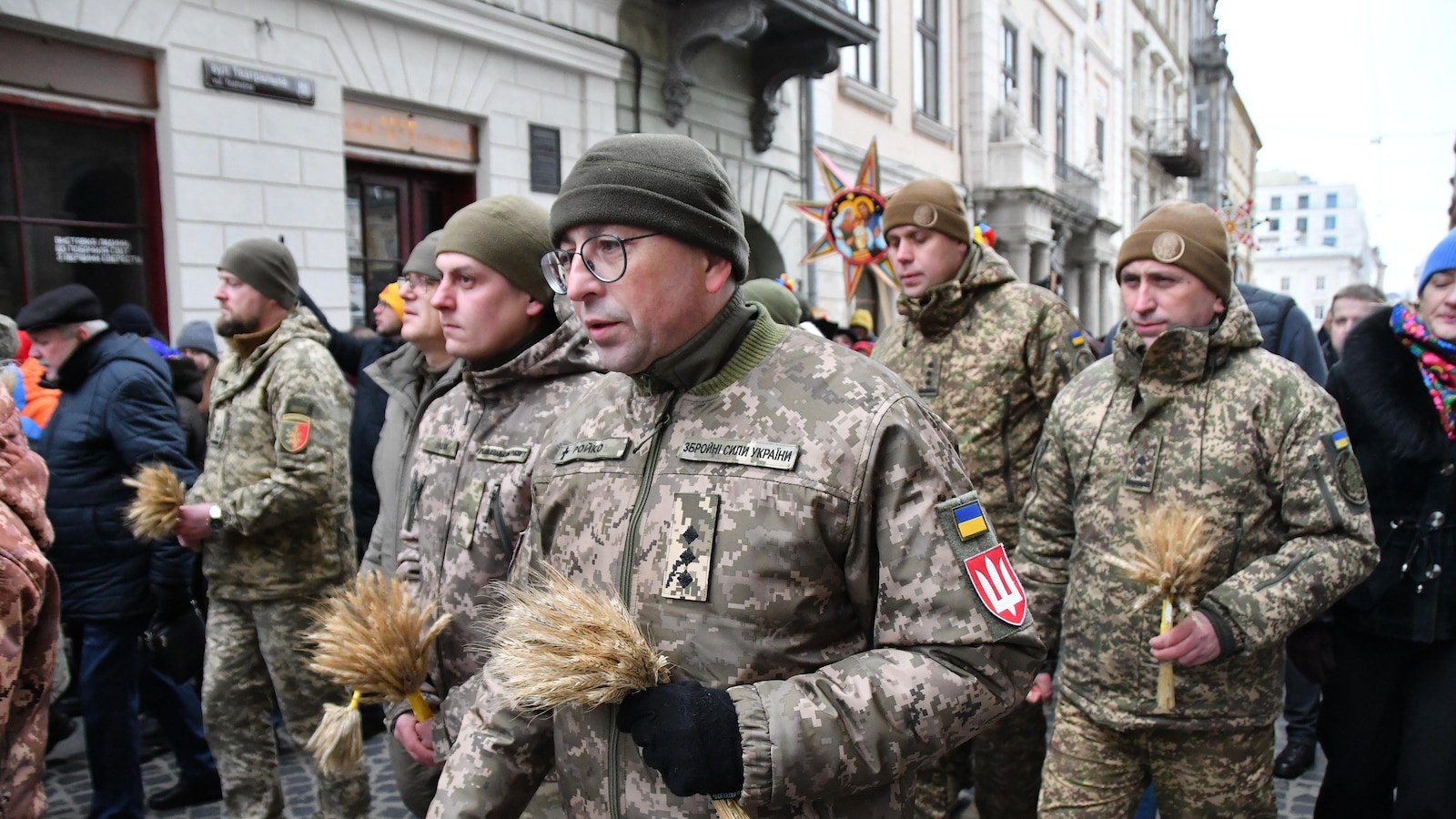
Zelenskyy says he’s open to creating demilitarized zone in Ukraine’s industrial heartland
KYIV, Ukraine — Ukrainian President Volodymyr Zelenskyy said he would be willing to withdraw troops from the country’s eastern industrial heartland as part of a plan to end Russia’s war, if Moscow also pulls back and the area becomes a…
Continue Reading